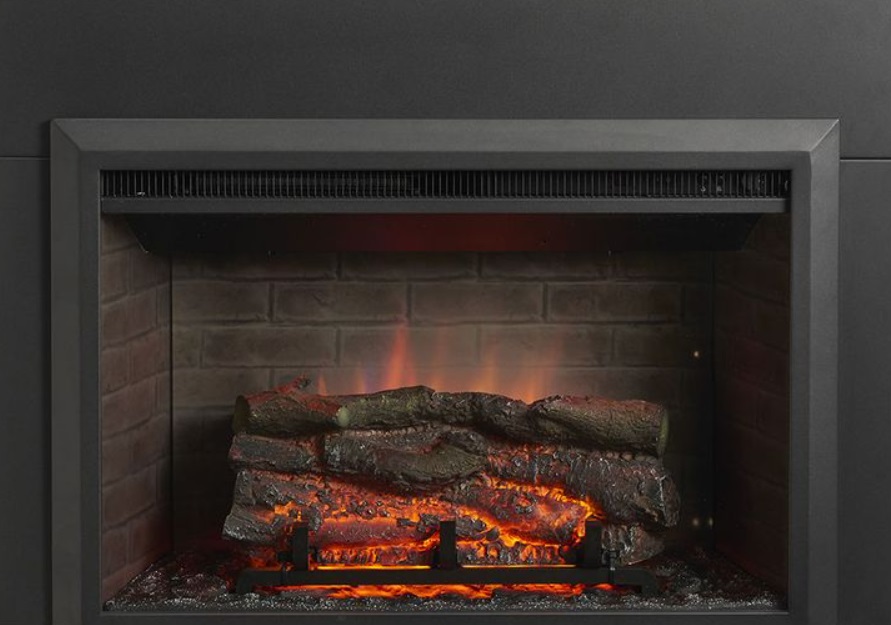Geothermal HVAC systems are known for their efficiency and eco-friendliness, but like any system, they require occasional maintenance and repair. Recognizing the signs of trouble early can help you avoid costly breakdowns and ensure your system operates at peak performance in your modern home and spaces. Here are the key signs your geothermal HVAC system may need repair and why addressing these issues promptly is important.
Reduced Heating or Cooling Efficiency
One of the most common signs of a problem with a geothermal HVAC system is a noticeable drop in heating or cooling efficiency. If your home is no longer maintaining a consistent temperature or your energy bills have increased unexpectedly, your system may have a malfunctioning component or reduced heat transfer efficiency.
Issues like clogged loops, refrigerant leaks, or pump malfunctions can all affect performance and require professional attention.
Unusual Noises from the System
Geothermal systems are typically quiet during operation, so unusual noises like grinding, banging, or gurgling should not be ignored. These sounds could indicate problems such as a failing pump, air in the loops, or worn-out components. Ignoring these noises can lead to more extensive damage and higher repair costs down the line.
Professional inspection and repair can address these issues before they escalate.
Pooling Water Around the Unit
Water pooling near your geothermal heat pump or indoor unit is another indication of trouble. This could be caused by a leak in the ground loops, a clogged condensate drain, or a malfunctioning pump. Left unchecked, water leaks can damage your system and surrounding property.
A trained HVAC technician can identify the source of the leak and perform the necessary repairs to prevent further damage.
Frequent System Cycles
If your geothermal HVAC system is cycling on and off more frequently than usual, it may be struggling to maintain the desired temperature. This could indicate problems with the thermostat, pressure imbalances, or an issue with the heat exchanger. Frequent cycling not only reduces efficiency but also puts extra strain on your system, leading to potential breakdowns.
Prompt repair ensures your system runs efficiently and extends its lifespan.
Inconsistent Temperature Distribution
Another sign of a geothermal HVAC issue is uneven heating or cooling throughout your home. If certain rooms are too hot or too cold, there may be blockages or imbalances in the loop system or problems with the heat pump. This inconsistency can be both uncomfortable and a sign of underlying issues that need to be addressed.
Repairing these issues helps restore comfort and system performance.
Foul Odors from the System
Strange or unpleasant odors coming from your geothermal system could indicate mold or mildew in the ductwork or heat pump. In some cases, it could also be a sign of an electrical issue or overheating components. These odors not only affect indoor air quality but may also signal serious system problems.
Professional cleaning and repairs can resolve these issues and prevent further complications.
Paying attention to the signs of trouble in your geothermal HVAC system can save you time, money, and stress in the long run. Whether it’s reduced efficiency, unusual noises, or uneven temperatures, addressing these issues promptly with professional repairs ensures your system continues to provide reliable and energy-efficient comfort. Don’t wait for small problems to become major headaches—schedule a geothermal HVAC repair service at the first sign of trouble.










